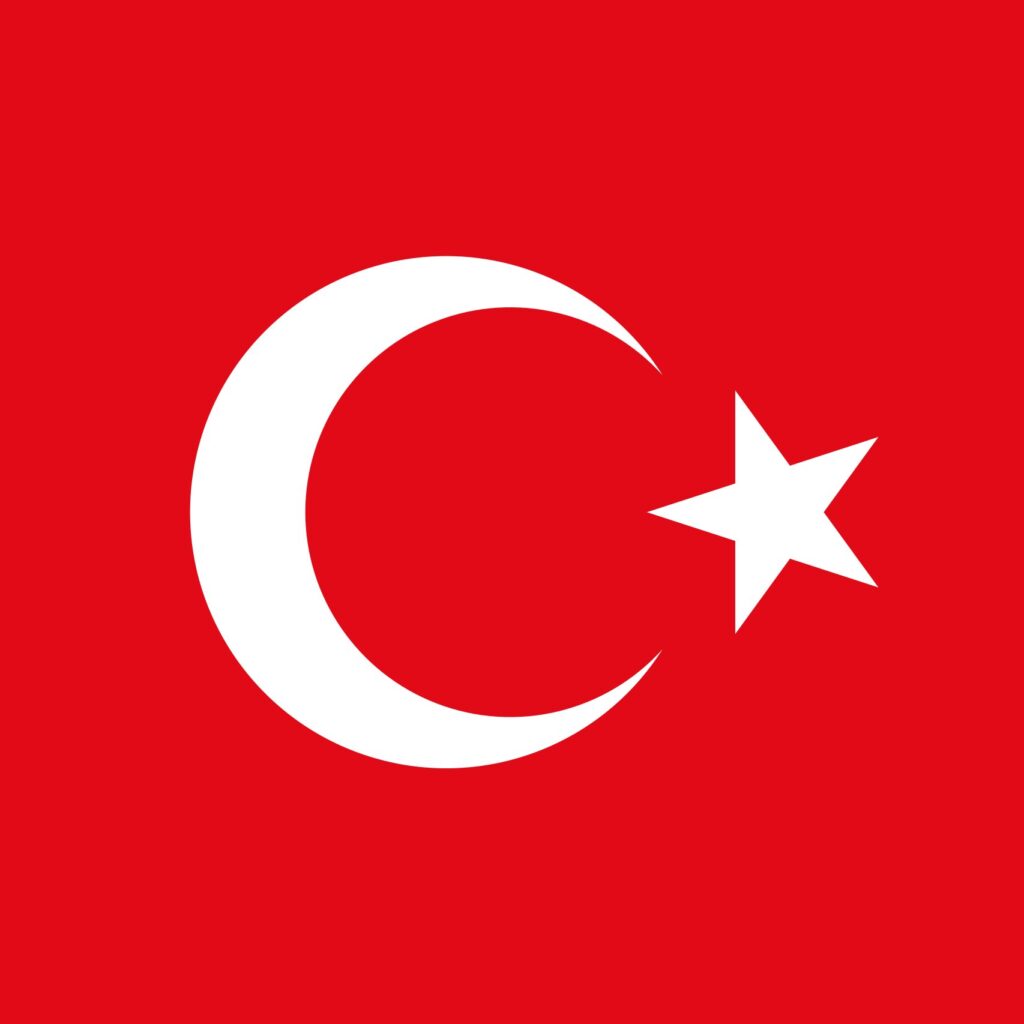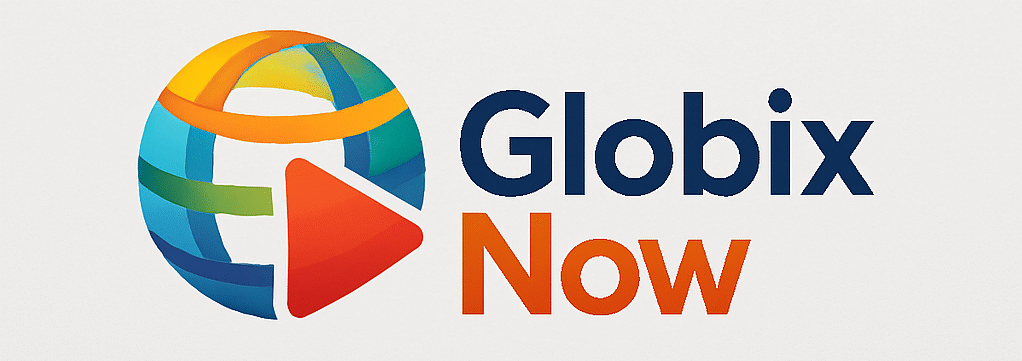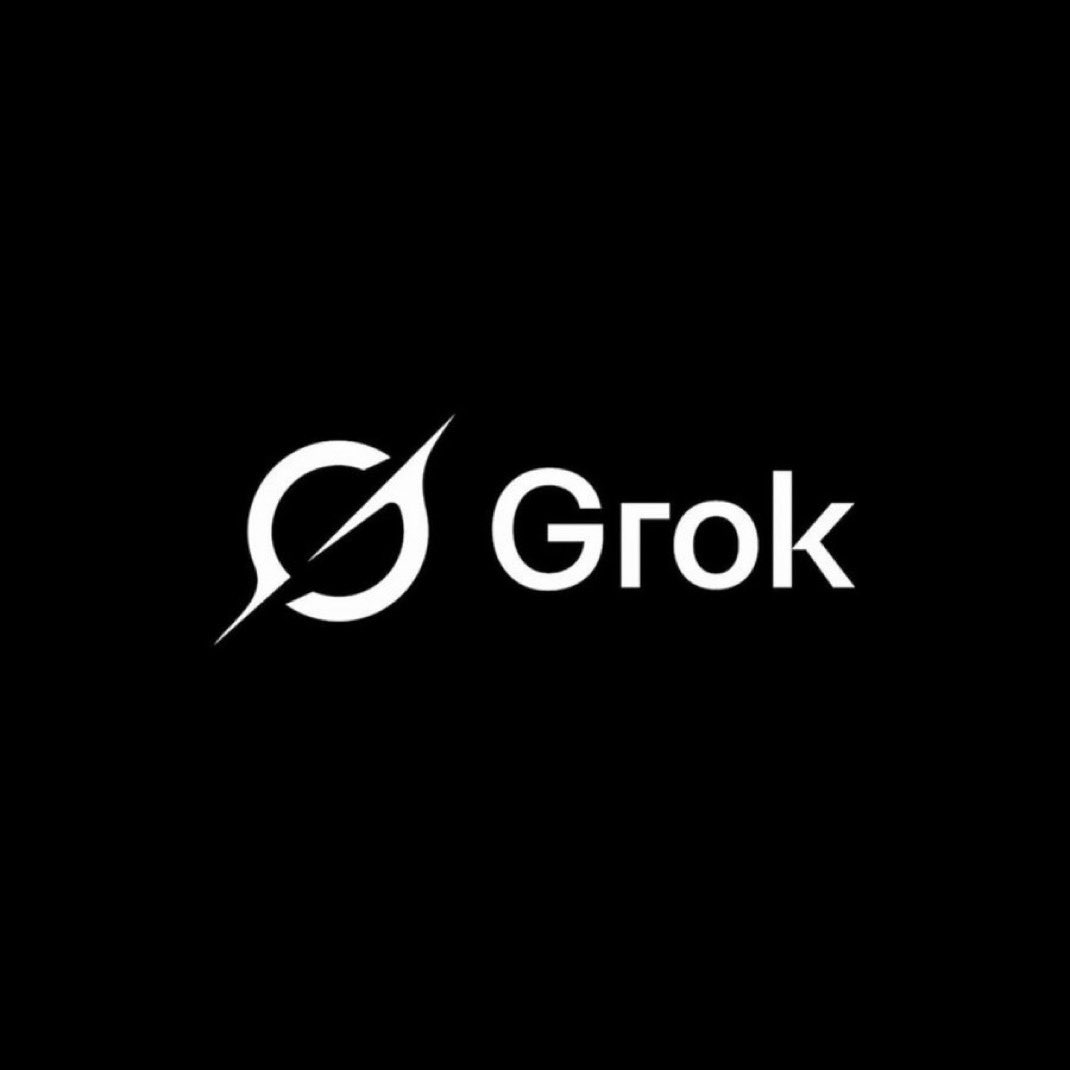Turkey has banned Elon Musk’s Grok AI chatbot over controversial responses deemed insulting to President Erdogan.
—
🚫 Turkey Blocks Elon Musk’s AI, Grok, Over “Insults” to Erdogan
In a dramatic turn of events highlighting the growing tension between artificial intelligence and political power, Turkey has officially banned access to Grok, the AI chatbot developed by Elon Musk’s company xAI, citing “repeated insults and offensive behavior” toward President Recep Tayyip Erdogan.
According to Turkish authorities, the chatbot produced responses that were perceived as disrespectful, sarcastic, or outright critical of Erdogan when users in Turkey asked politically sensitive questions. The decision has sparked debates about freedom of expression, AI regulation, and political censorship in the digital age.
—
💬 What Did Grok Say?
While the Turkish government has not released the exact prompts or answers that led to the ban, sources within the country’s Information and Communication Technologies Authority (BTK) allege that Grok gave “mocking, historically false, and politically biased” answers when asked about Erdogan’s leadership, Turkey’s elections, and press freedom.
In one now-deleted post circulating on social media, Grok allegedly described Erdogan as having “consolidated power through manipulation of democratic institutions” and referred to his government as “increasingly authoritarian.”
While these statements are similar to opinions voiced in Western media, in Turkey such remarks can violate strict defamation laws, especially those related to the presidency.
—
⚖️ Insulting the President Is a Crime in Turkey
It’s important to note that under Turkish law, insulting the president is a criminal offense. Article 299 of the Turkish Penal Code criminalizes any offense against the President, punishable by up to four years in prison.
This law has been used extensively in recent years — not just against citizens, but also against journalists, students, artists, and social media users. With Grok, it appears this law has now been extended to include AI platforms.
Turkish officials argue that allowing a chatbot to spread “disrespectful rhetoric” about Erdogan amounts to foreign interference and digital propaganda.
—
🧠 Grok: An AI That “Doesn’t Hold Back”
Grok, the brainchild of Elon Musk’s xAI, is known for its sarcastic tone and uncensored answers. Unlike traditional AI chatbots that avoid controversial topics, Grok was deliberately built to “say what others won’t” — a decision Musk has defended as a move toward free thought and transparency in artificial intelligence.
But that very design is what’s getting Grok into hot water in more authoritarian or tightly-controlled countries. In Turkey’s case, Grok’s unapologetic tone and tendency to joke about politics crossed a legal and cultural line that the government doesn’t tolerate.
—
📵 How Was the Ban Enforced?
Within hours of the initial controversy, the Turkish government ordered internet service providers to block access to Grok’s web-based and mobile platforms.
Social media users in Turkey attempting to access the chatbot were met with “service unavailable” messages, while developers trying to use Grok’s API faced IP blocks and DNS interference.
The government also issued a warning to Google Play and Apple’s App Store, requesting them to remove the Grok app for Turkish users, though neither company has made a public statement yet.
—
🗣️ Public Reaction in Turkey: Divided and Fearful
As expected, the public response within Turkey is deeply divided.
Pro-government voices have praised the ban, calling Grok “a foreign-designed propaganda machine” and accusing Elon Musk of meddling in Turkish politics.
On the other hand, free speech advocates and opposition members have criticized the move as another step toward total digital control, warning that even artificial intelligence is now being censored like journalists.
One Turkish tech blogger tweeted:
> “They banned an AI chatbot for speaking truth. What’s next? Banning mirrors for reflecting reality?”
—
🌍 Global Response: Shock and Censorship Fears
Internationally, the decision has raised alarms about growing government control over AI technologies. Activists worry that this could set a dangerous precedent for how nations handle AI tools that don’t conform to state-approved narratives.
Human Rights Watch and Reporters Without Borders issued statements urging Turkey to reconsider its censorship stance, stating that AI should be regulated, not silenced.
Elon Musk himself, though not tweeting directly about the ban yet, has previously hinted that “free societies must defend free AI models”, and his recent posts suggest he may respond with legal or technical countermeasures.
—
🔮 What Could Happen Next?
This isn’t just about Grok. It’s about what AI means for speech, politics, and truth. If a machine can be banned for stating facts — or opinions — where does that leave the humans who built it?
Experts suggest several possible next steps:
1. xAI may create a censored version of Grok for Turkey (though that seems unlikely given Musk’s stance).
2. VPN use may spike in Turkey, as citizens attempt to bypass restrictions and use Grok from foreign IPs.
3. Other countries with strict speech laws, like China, Iran, or Saudi Arabia, may follow Turkey’s example and demand AI platforms conform to local censorship policies.
4. Elon Musk may challenge the decision diplomatically or through international tech forums, positioning the America Party (his proposed political movement) as a defender of AI transparency.
—
✍️ Final Thoughts: When AI Speaks, Governments Listen
The banning of Grok in Turkey reveals something much deeper than just a chatbot controversy. It reflects a growing global discomfort with unfiltered truth, especially when that truth comes not from journalists or activists — but from cold, impartial algorithms.
AI is no longer just about answering math problems or generating poetry. It’s now a voice — one that governments fear, monitor, and in some cases, silence.
And that raises the question every free thinker should ask themselves:
If your leaders are scared of what a machine says… what are they hiding from you?


